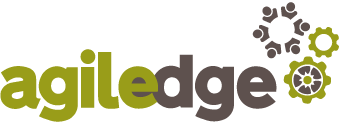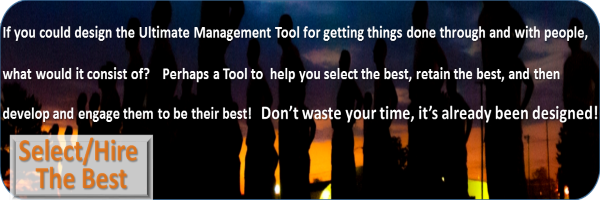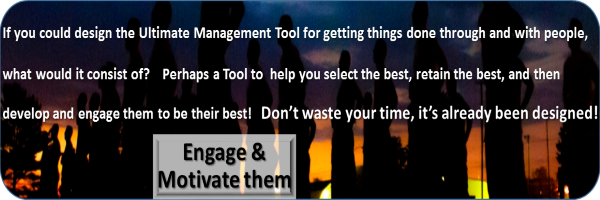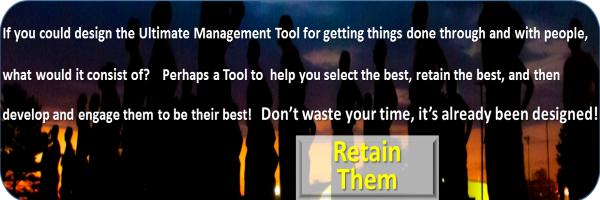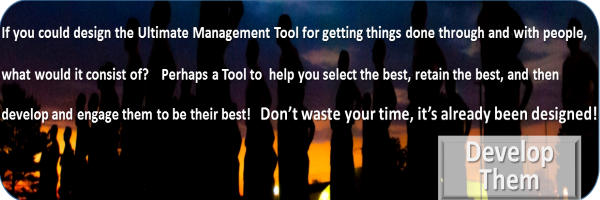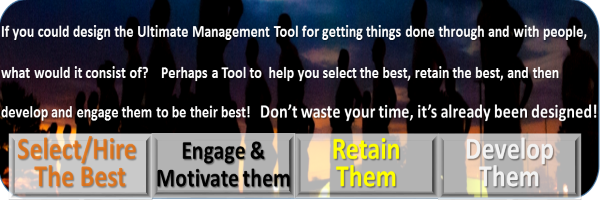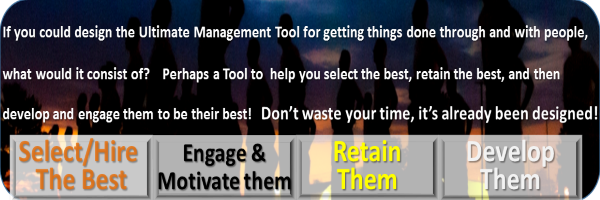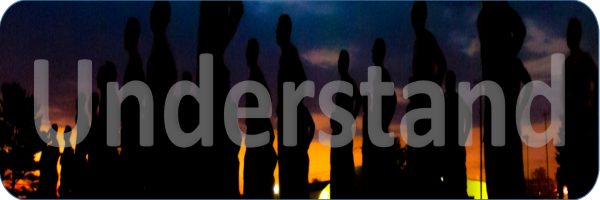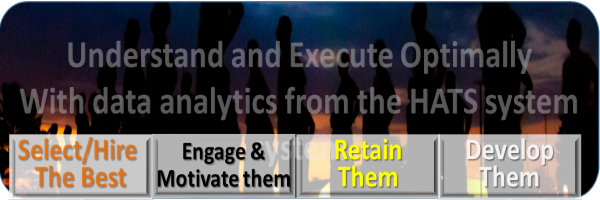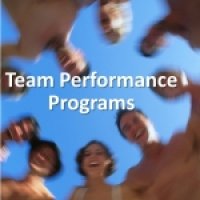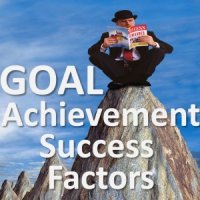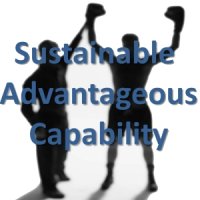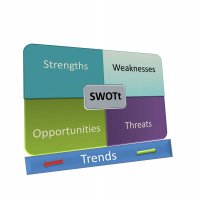... Where Understanding is Key
From ancient philosophers like Socrates to management gurus like Peter Drucker, the point has been made emphatically that self-awareness is key to personal effectiveness and leadership success. Without it, some say it is impossible to improve. But more certainly, without it, one can say that it is impossible to fully control or understand the impact of your actions and decisions and to be effectively situational.
One way to help understand this is concept that has been around for decades, the Johari Window. It is essentially a matrix that matches your degree of self-knowledge to the degree of others' knowledge about you. It's a good model to discuss the implications of blind spots and some of the value for addressing these.
Gaining self-knowledge, even through a disciplined approach, is especially difficult due to our own biases and our selective memory (and only partial perception). We use a tool which we think provides (at the present time), the best view into those things that underlie our personal success and our success in the work environment. It provides insight into self-awareness that is particularly valuable as it can be related to specific jobs and to our natural tendencies to make certain trade-offs in specific ways under normal stress. By using the Paradox construct, you can be more effective in not only achieving self-awareness but in dealing with yourself with that new awareness. A flashing insight about yourself while often "neat" is pretty worthless unless you can use it to improve your effectiveness or perhaps reduce your level of stress.
How do you build high performing work teams and effective team leaders? By using an approach that first increases self-awareness and enables people to understand key areas about themselves where their job success is strengthened and other areas causing their performance to be de-railed, you set the foundation for a high performing work team. So the first phase is to address self-awareness especially focused on the area's most closely related to high performance in the roles they play.
The second phase, of course, is to reinforce the self-knowledge which is best done by having it shared and used as part of a group work session. When people share their key tendencies and traits and others go through the cognitive process of relating perceived to more real characteristics, a tremendous amount of team knowledge is gained and reinforced.
